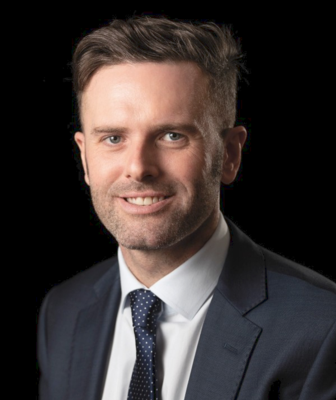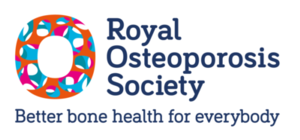… that’s why we’ve joined ARMA
 Guest blog by Craig Jones, CEO of the Royal Osteoporosis Society
Guest blog by Craig Jones, CEO of the Royal Osteoporosis Society
Later this summer the Royal Osteoporosis Society (ROS) will launch its manifesto for a future without osteoporosis. This marks the beginning of a new chapter where we’ll turn up the volume on the fight against osteoporosis through campaigning and advocacy.
Our hospital-by-hospital approach to fostering Fracture Liaison Services (FLS) since 2015 has paid off, with 12.1m more people now having access to the gold standard for secondary fracture prevention. But with overall coverage plateauing stubbornly at 60% of the population, we know a new high-impact approach is now needed. We’ll continue to support HCPs and hospitals with advice on what good looks like, but we’ll prioritise converting our insights from the field into a national model of best practice and a platform for levelling up services across the four nations, holding decision-makers to account where we see gaps in provision.
The need for a step change has never been more urgent. In common with other MSK conditions, osteoporosis is under-diagnosed, under-treated and characterised by startlingly low levels of public awareness. 3.5 million people live with the disease, yet only a quarter of adults can tell you what it is. There’s a misplaced fatalism that falls, hunched backs and fractures are just part of getting older. A fifth of women who have broken a bone break three or more before even being diagnosed. And two-thirds of people with spinal fractures are undiagnosed – that’s 2.2 million people – even though they’re a powerful predictor of hip fractures, which do the most of any to undermine quality of life and independence.
It doesn’t need to be like this. And we’re impatient to make a change. Over the next three years we’re determined to make an eye-catching case through campaigns and advocacy to improve GP services, secondary care, and to secure fairer research funding into MSK conditions (which make up 8% of the health burden but receive just 3% of public research spend).
We’ll start with Fracture Liaison Services, the subject of an ongoing inquiry by the new All Party Parliamentary Group (APPG) on Osteoporosis and Bone Health, which we’re proud to support. The APPG will study the drivers for the inequalities we see across the country, with a ‘can do’ report planned for launch at Christmas on how they can be beaten. In doing so, we’ll learn from the inspiring campaigns of other ARMA members to level up services and shorten pathways.
 Health charities have struggled with record demand and an unforgiving recession over the last year of COVID-19. Around half of callers to our Specialist Nurse Helpline tell us they have nowhere else to go, as NHS services continue to operate at much reduced capacity. We know that, coming out of COVID-19, the funding landscape for charities will be tougher than ever before, so collaboration has never been more important. Members of the public, government and funders expect charities to work together, share intelligence and join-up services wherever they can. There’s no room for parochialism.
Health charities have struggled with record demand and an unforgiving recession over the last year of COVID-19. Around half of callers to our Specialist Nurse Helpline tell us they have nowhere else to go, as NHS services continue to operate at much reduced capacity. We know that, coming out of COVID-19, the funding landscape for charities will be tougher than ever before, so collaboration has never been more important. Members of the public, government and funders expect charities to work together, share intelligence and join-up services wherever they can. There’s no room for parochialism.
That’s why I’m so pleased that the ROS has re-joined ARMA. MSK charities have so much in common, dealing as we do with conditions which receive less investment and urgency than other causes, but which make such a difference to people’s physical and mental health, employment prospects and overall quality of life. At the ROS, we’re determined to be an engaged and supportive partner to other ARMA members, never wasting an opportunity to work together in the interests of the public.
We look forward to sharing lessons from our own influencing work, as well as learning from the impressive campaigns run by our partners.
